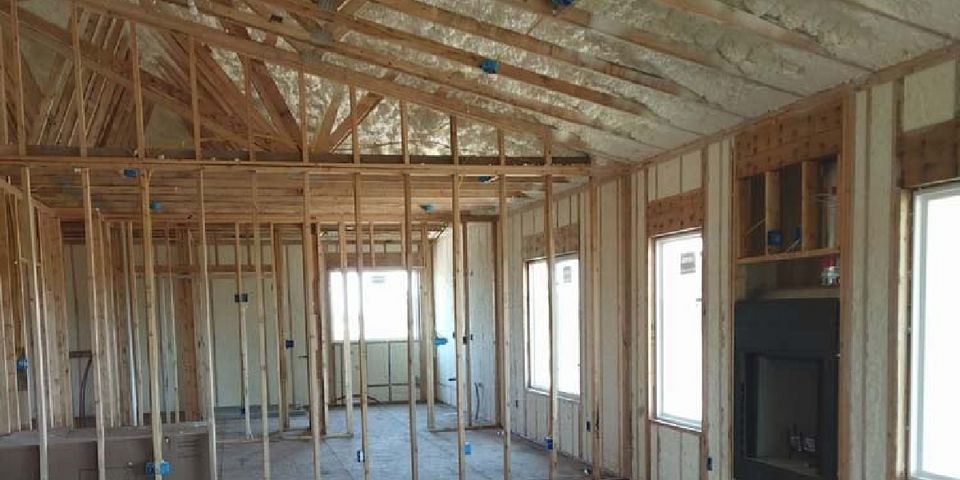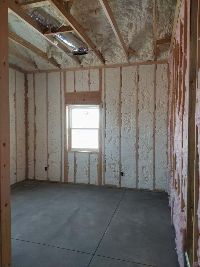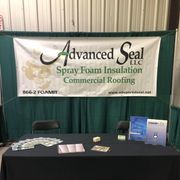
Whether you're renovating or building from the ground up, every property benefits from having insulation to maintain comfortable temperatures, minimize heat loss, and support your HVAC system. There are two popular types, blown-in and spray foam insulation. Both have their advantages and choosing between them all depends on the circumstances. To help you understand the differences, consider the following.
Blown-In Insulation
Also known as blown-in cellulose insulation, this option has been around since the 1920s. It's commonly made of recycled newspaper or cardboard that's been treated with fire-retardant chemicals, but newer products can be made from virgin fiberglass.

It's applied by blowing the material onto the intended surface, such as the cavities of the walls, flooring, and ceilings, especially in the attic. This application method makes it ideal for oddly shaped areas, so if you have an older home with unconventional dimensions, it can accommodate them. It can also be applied after the drywall has been installed; a contractor will cut open a portion of the drywall at the top, where it connects to the ceiling, and easily apply it without removing the whole wall.
For those in colder areas, blown-in insulation isn't as effective as spray foam for thermal insulation. Compared to spray foam, it has a lower R-value, which is how well a material can resist temperature fluctuations. Also, it doesn't last as long; due to the material, it only lasts about 20 to 30 years before it begins to decay.
Spray Foam Insulation
Unlike blown-in insulation, spray foam expands and effectively covers the areas in which it's applied. It's primarily made of polyurethane, which is a type of plastic. Once it's sprayed, it won't lose its shape, which makes it ideal in areas, like basements, where you need to block moisture. Spray foam also lasts much longer, about 80 years.
Spray foam can be installed in older homes, but the entire drywall needs to be removed, not just a portion. Because of its application method and expansive nature, it requires a skilled and experienced hand, which makes it a bit more expensive than blown-in.
Also, while it's ideal for blocking out moisture, it's not as good for soundproofing. It tends to deflect soundwaves instead of absorbing them. If you're building a home theater or music room in your basement, blown-in insulation would be much more appropriate.
If you need help deciding which insulation is best for your property, Advanced Seal LLC can help. Based in Rossville, IN, this family-owned and operated business has been trusted by residential and commercial property owners throughout Central Kansas and Central Indiana. Known for their expertise and dedicated customer service, they'll work with you to find the best option for your property. You can learn more about their services online, but if you have questions, call (866) 236-2648.
About the Business
(7 reviews)


